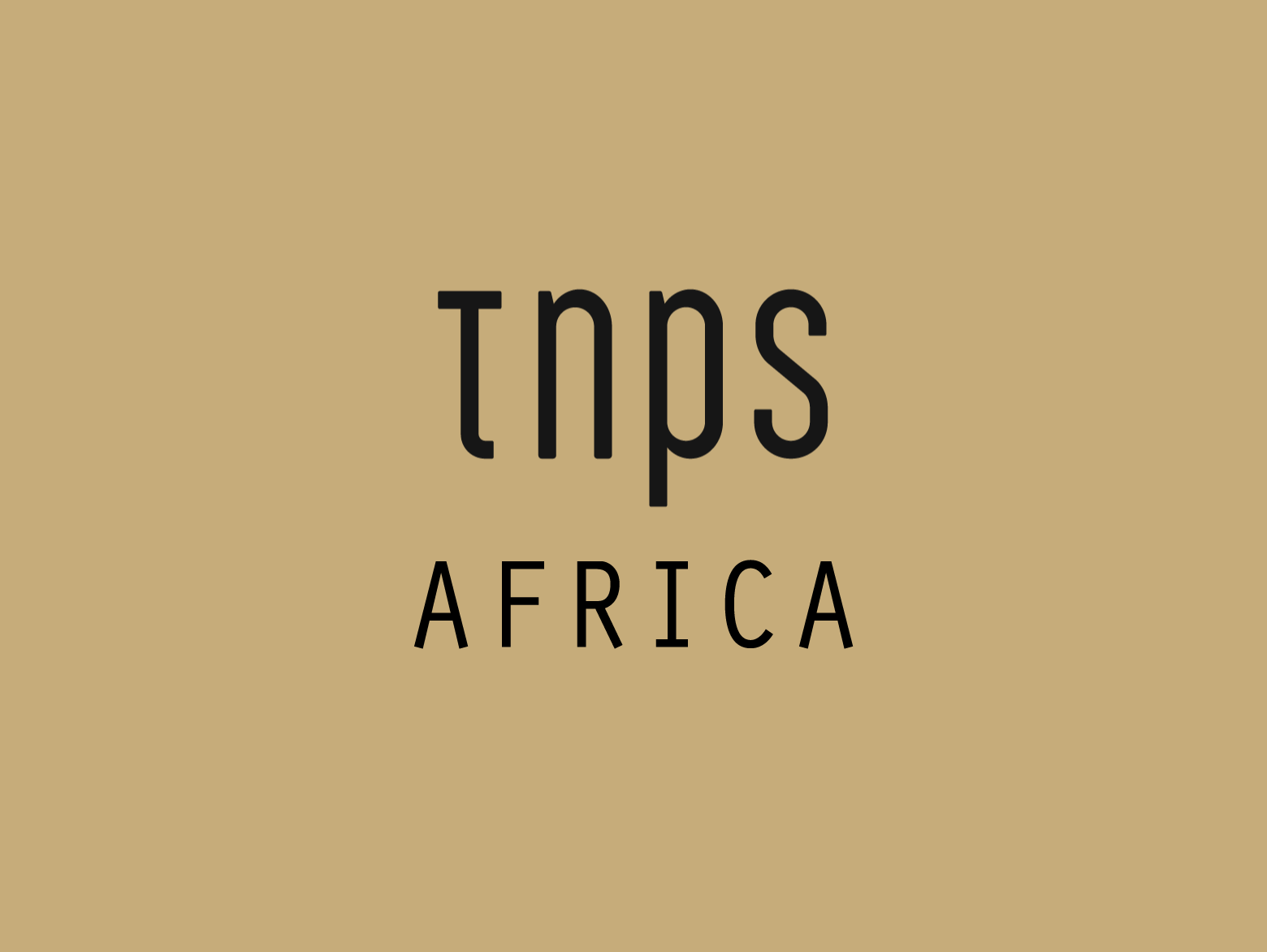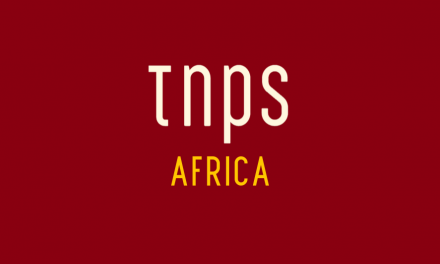Angola Cables, as the name might suggest, is an African multinational telco involved with laying the infrastructure for the internet connectivity that drives the global digital economy.
NexTV News Africa reports this week that Angola Cables has partnered with gaming and e-sports specialist Qwatti eSports to launch a,
new service that will be opened to all e-sports and gaming communities in Africa, delivering a low latency experience to the end user.

Angola Cables’ Product Manager Crisóstomo Mbundu explained,
The gaming portal is a first step in connecting African gamers in the region with users in America, Europe, and Asia (offering) a compelling service proposition for the global gamers and the eSport community; gaming producers and providers of streamed events seeking interactive experiences with low latencies.
The company will leverage the capacity of its SACS, Monet and WACS subsea cable systems, which links Europe, Africa and the Americas, reaching Asia through partners’ routes.
SACS being the South Atlantic Cable System, which launched in September 2018 (SACS) and was the firstdirect cable link between Africa and the America, connecting Angola with Brazil.
At that time António Nunes, CEO of Angola Cables, said in a press release that the commercialization of the cable is “more than just a game-changer” when it comes to data connectivity and services between the two continents.
It is estimated that direct communications between Africa and the Americas will generate multiple advantages worldwide for internet service providers (ISP’s), Cloud Service Providers (CSP’s) and Over the Top Content Providers (OTT’s) making use of these connections.
And that, apart from the obvious opportunity for publishers in books about esports, is the real story here.
Video, games and esports producers understand, as we approach the third decade of the twenty-first century the world is connected in ways unimaginable as this century began, and still border-line science fiction as this decade began. And they are actively exploiting the opportunity.
To the extent that some publishers share that vision, few are exploring the full potential of a truly global, digitally-connected market where the most powerful borders are not political or geographical, but territorial, as defined by publishers themselves.
It’s not just publishers that are behind curve here, of course. The digital distributors, retailers and subscription services all have to accept a modicum of blame here. Of the Big 5 western retailers, Amazon, Apple and Google Play are all off limits in some parts of the world, and Nook of course is now US only, leaving only Kobo as a token global player, but with no real global credentials as most of the world are sent to the US store to buy in US currency at US prices..
But it is the publishers providing the content with so many distribution limitations that inhibit the development of a global digital books market.
As we kick off the next decade, rethinking and redefining the anachronistic territorial restrictions that defined global publishing in the twentieth century needs to be a priority.





